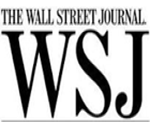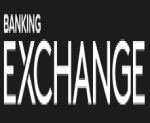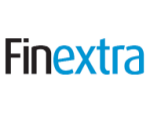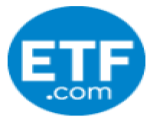
Traders: “Models that can truly learn from their actions and the reactions of the markets without any human intervention could result in the creation of a whole new category of investing,” said Kevin McPartland.

Traders: “Models that can truly learn from their actions and the reactions of the markets without any human intervention could result in the creation of a whole new category of investing,” said Kevin McPartland.

WSJ: “Issuing [securities] on the blockchain is the future and a lot more efficient than the way we do it now,” said Richard Johnson.

NZZ: Diese Studie belegt, dass die ETF weiter an Gewicht zulegen. 2017 waren durchschnittlich 10,3% dieser Portfolios in ETF investiert, nach 7,7% im Vorjahr.

Banking Exchange: Duncan Banfield says the leaders of change have already started their transformation to greater use of analytics for business banking. But they are out in front.

Investment & Pensions Europe:“After multiple years of regular use, European institutions have found ETFs to be simple, versatile and cost-effective tools, and they are ramping up their investments at a rapid clip,” said Andrew McCollum.

Finextra: News of the plan comes as a new report from Greenwich Associates suggests that stock certificates could someday be endangered, replaced by the new invasive species of security tokens.

MarketsMedia: Greenwich Associates said in a report, European Institutions Explore New Asset Classes with ETFs, that average ETF allocations among institutions increased to 10.3 % of total assets last year, from just 7.7% in 2016.

Wealth Professional: Greenwich Associates reported that Canadian institutional investors hold 19% of total managed assets in ETFs, up 3.5% year over year and the highest average globally.

ETF.com: The 2017 Greenwich Associates 2017 U.S. ETF Study found that more than half of U.S. institutional investors (53%) used multifactor smart-beta funds.

Cash: Die 125 institutionellen Investoren, die an der jüngsten Studie des Analyse- und Beratungsunternehmens Greenwich Associates zum europäischen ETF-Markt teilgenommen haben, sehen sich verschiedenen Herausforderungen gegenüber.